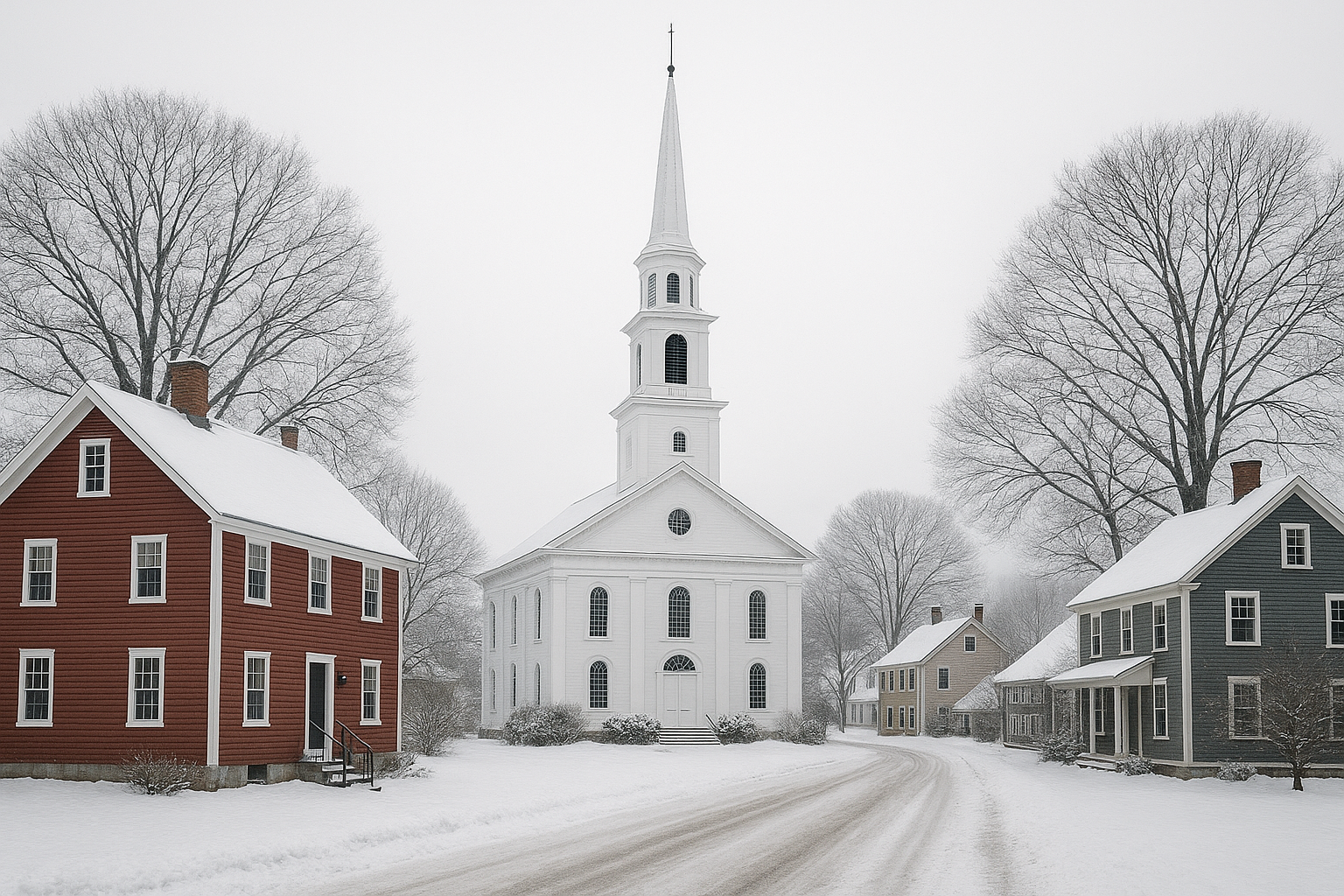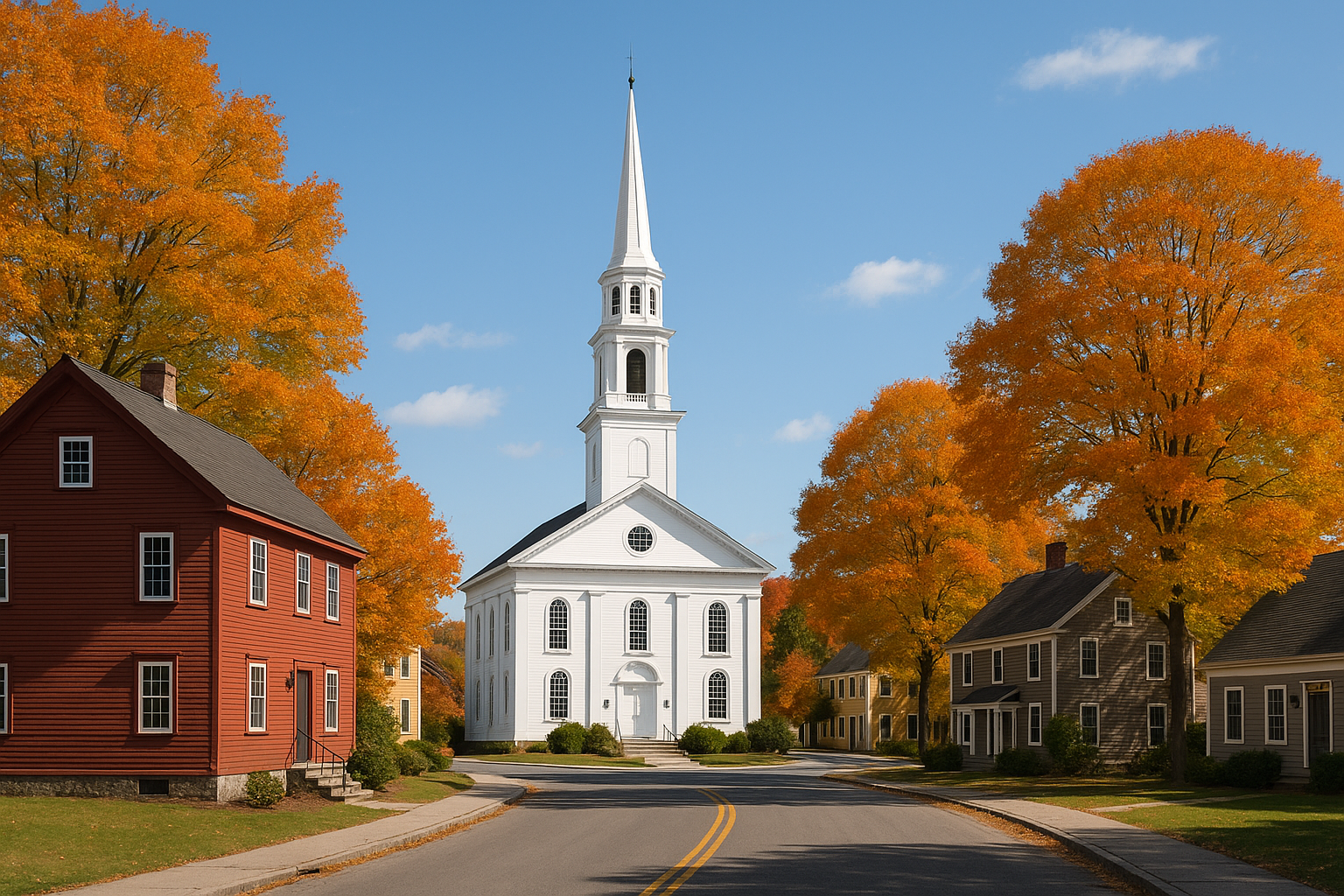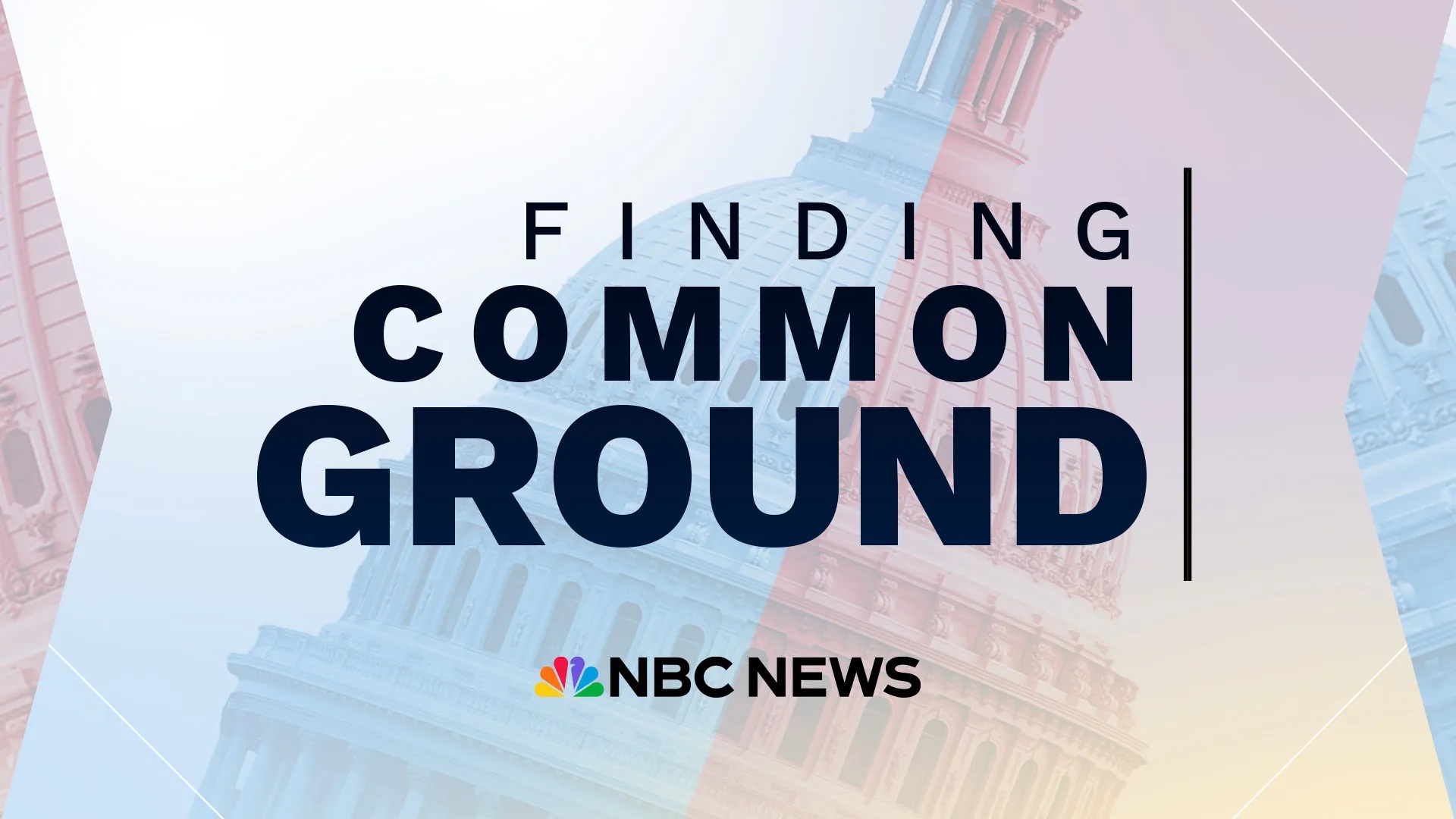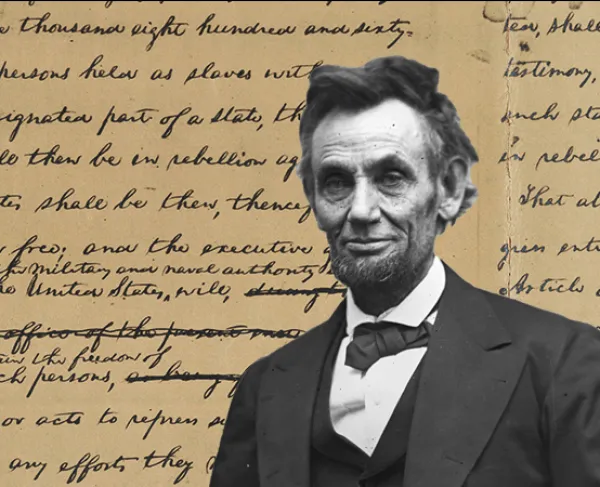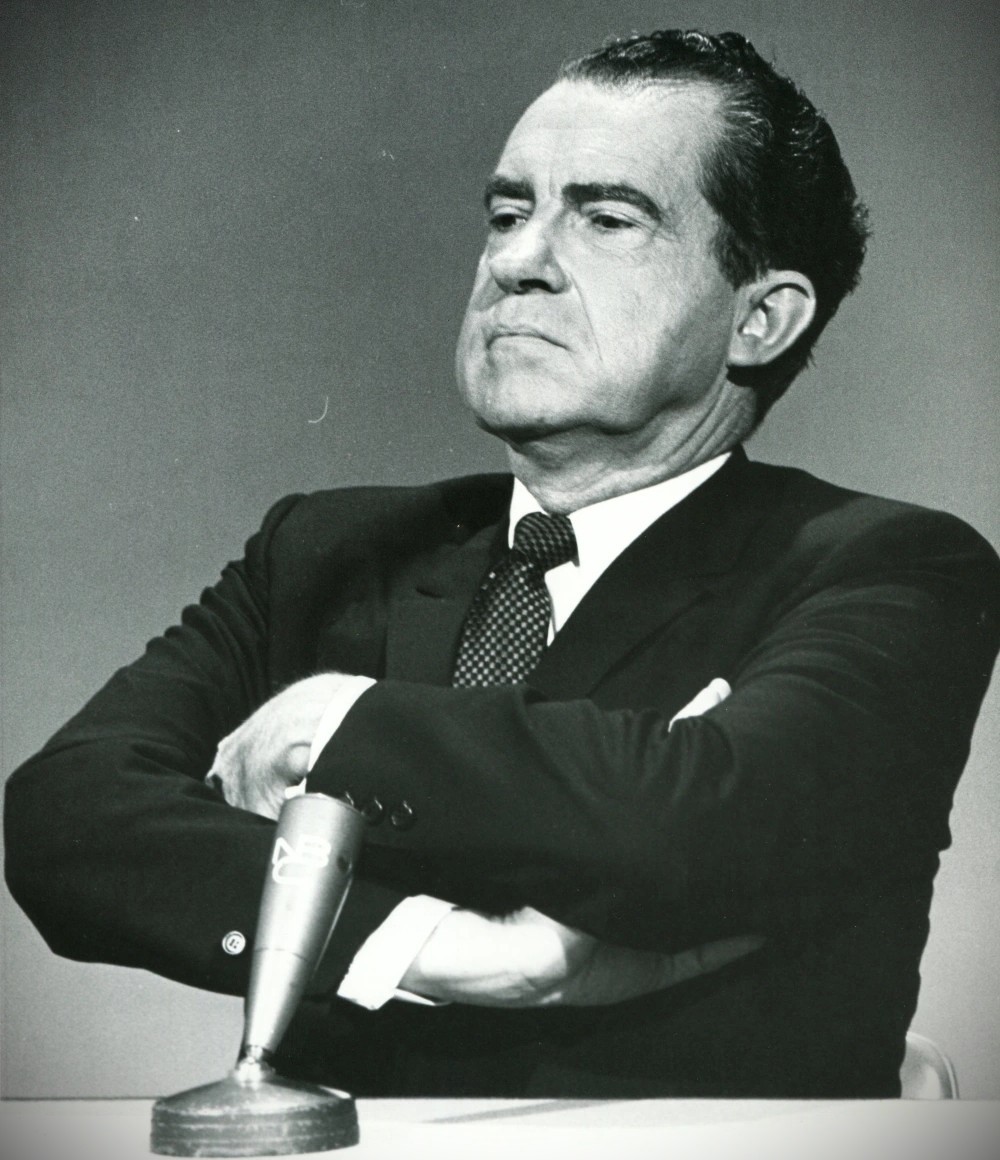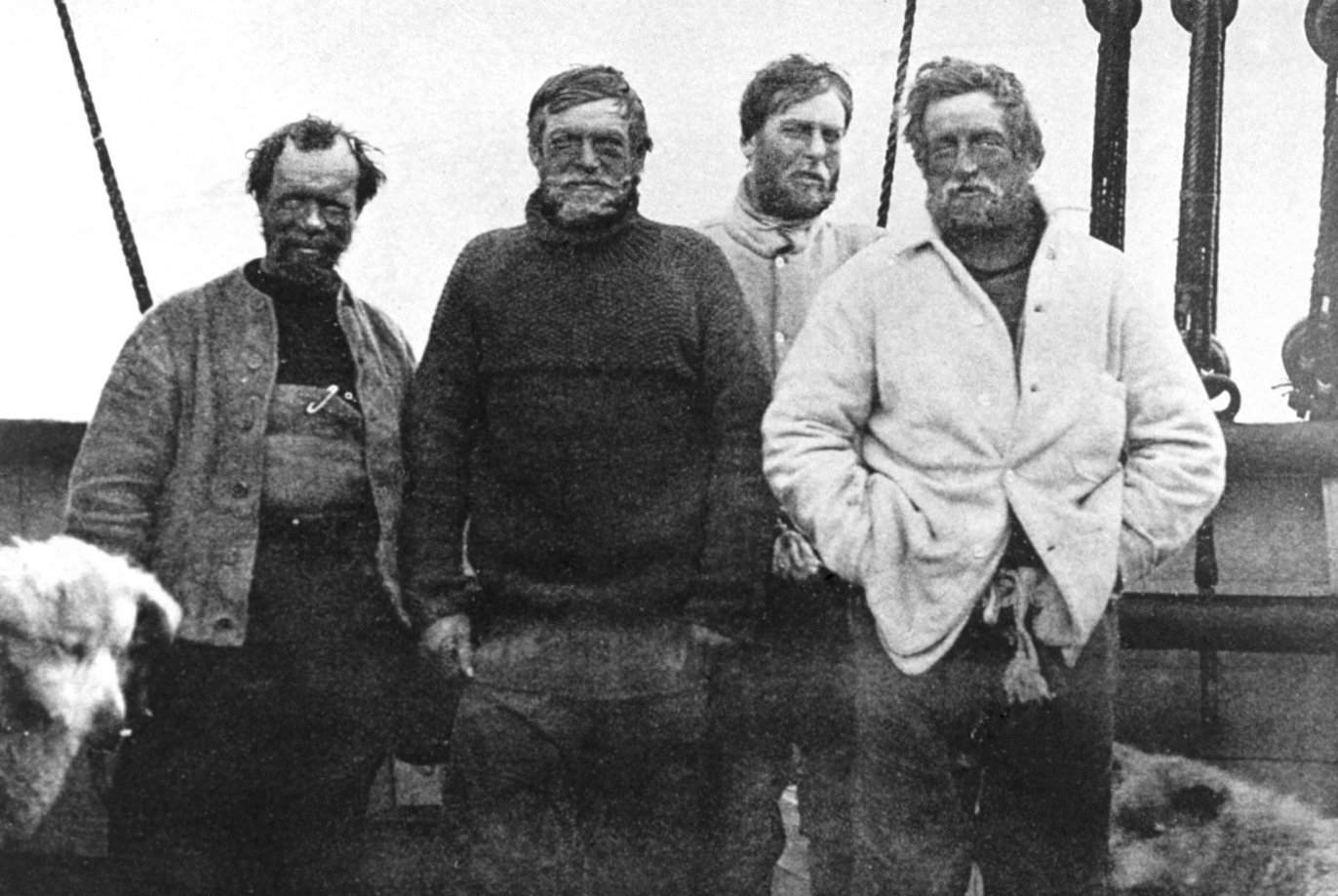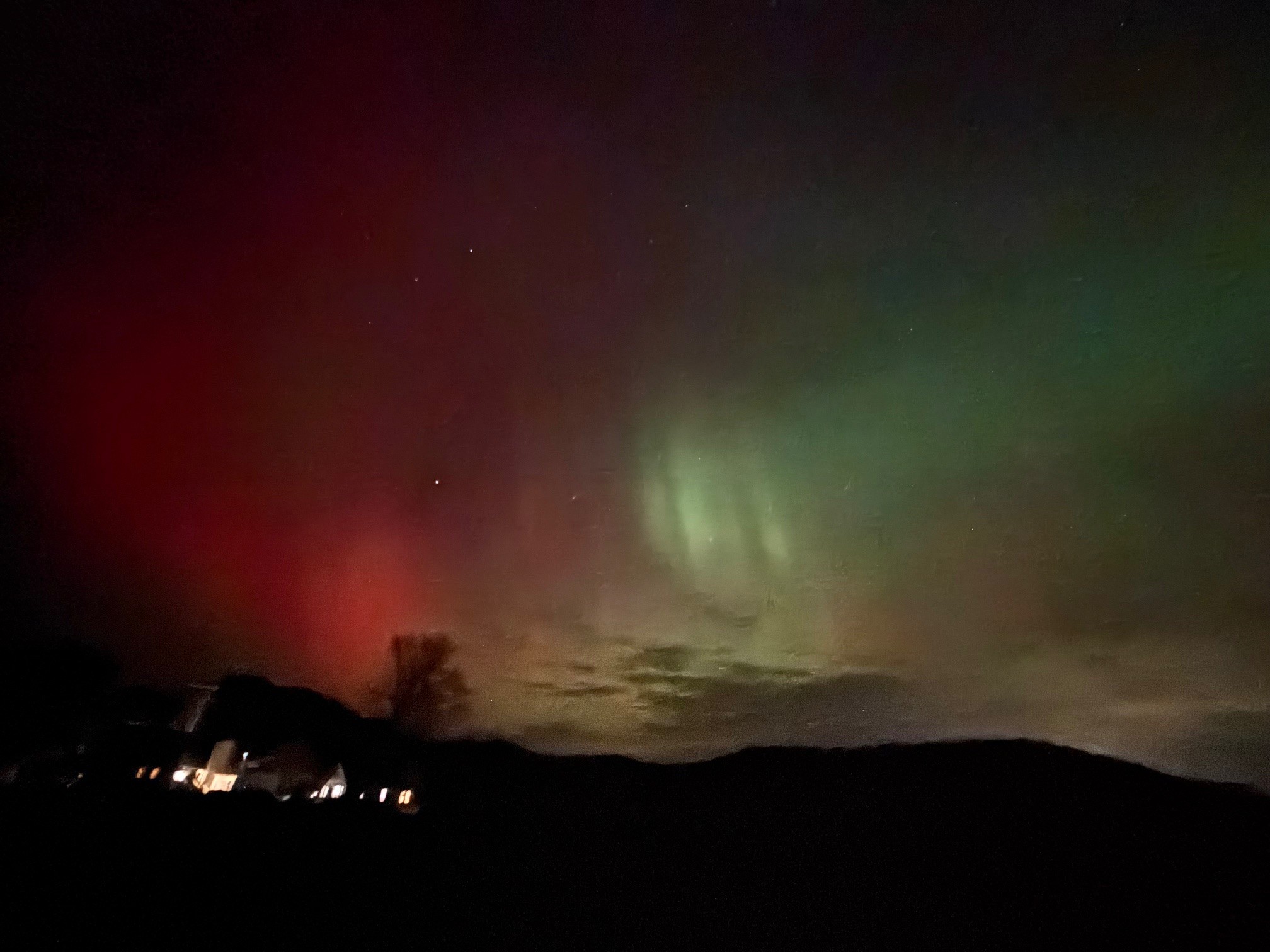The Visa party went well. Who knew Rham Emanuel was so fluent in Kantian ethics, (and that Wolf Blitzer could devour a whole tray of crab puffs)?
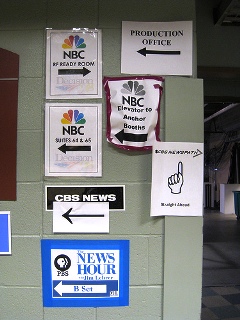
The media has descended upon Denver like a biblical cloud of locusts. According to CNN, there are approximately 15,000 media to 4,367 delegates at this year’s Democratic convention. However, thanks to my new friend Rham, I’ve been invited to an incredible, private party at Oprah’s posh retreat outside the city.
Right now, most of the group at Oprah’s is glued to the flat-panel watching Dennis Kucinich rev-up the delegates with a rousing edition of “Wake-up, America!” (Me, I’m waiting for a transcendent experience near the bathroom where, someone said, Oprah is due to exit.)
While we’re waiting for the speech of the night from Hillary Clinton, all of us have to endure an army of pundits and “political strategists” recite an endless litany of clearly partisan points.
But amid the hype and hoopla of polls, controversy, and spin, how do we really know what a candidate stands for? As voters, what do we really need from the media?
At the end of the day, it’s about the issues: the economy, jobs, the war in Iraq, the mortgage crisis, energy, the environment and health care. These are just a few of the issues that affect us all.
The primary purpose of the media should be to give people the information they need to determine who they’ll vote for.
It should not be about celebrity or polls. It should not be about controversy or spin.
It should be about the most critical issues facing the country and selecting someone who can effectively face those issues with a well-considered plan of action.
People don’t want partisan criticism, they want honest dialogue. People don’t care about celebrity parties; they care about having someone of substance who cares about representing them.
But for all this to happen, the people need to take responsibility, themselves. They need to read, study the candidates on the issues, and learn what they stand for by watching and carefully listening to the debates. That’s where most of the distinctions will be made.
We need someone who will be a decisive leader without fear or favor to one group or another; someone who will demonstrate values rooted in idealism to be sure, but who is also willing to compromise. And anyone who believes that prudent, thoughtful compromise is not part of the solution is out of touch with the reality of the challenges we face at home and abroad.
We should be looking for a leader who not only has the political vision for change but the character and the courage to practice the kind of statesmanship that will draw ideas and consensus from both parties.
Most of all, people want someone they can believe in again.
* * *
If you’re just tunning in, Jim’s “On-the-scene/About-town” coverage takes place from the comfort of his home-office and internet access. I did not go to a party at Oprah’s, (nor did I witness Wolf Blitzer eat crab puffs). However, I do stand by my commentary regarding the kind of leadership we need.
Comments

